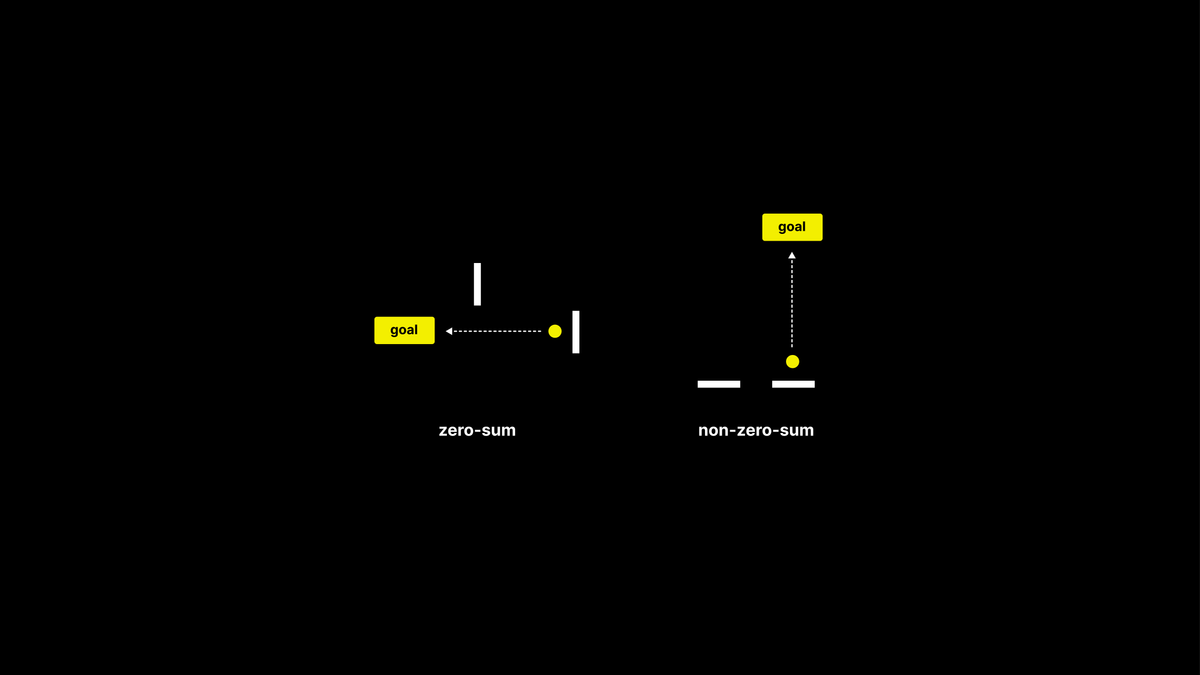Life is not chess


Stop being a pawn in someone else's game.
If someone tells you "life is chess," they see you as a pawn.
On top of that, they have a misunderstanding of how reality works.
Life is not chess.
But we can learn from this mindset.
Let's break it down.
Chess has established rules.
Life does not have established rules.
The correct metaphor is "design your own game."
Many people have a specific game they want you to play.
Money is a popular game.
And many of us are pawns in other people's money games.
We love perfect information.
Why do people like comparing life to chess?
Because we crave control.
Chess is a game of perfect information.
A game of perfect information is where all players know the entire state of the game at all times. Everyone knows the rules, the current position of all pieces, and the history of moves made.
Chess is a mental showdown. The winner is the person who has the most knowledge, focus, and adaptability.
Games of perfect information are amazing. You can practice and get good at them.
We love them because everything is in our control.
Life does not have perfect information.
There is too much information to take in.
In life, you can make a "correct" move and immediately get hit by a car.
This is because you didn't consider the car. It seemed irrelevant.
This is by design.
We'd never get anything done if we didn't ignore most things.
We'd be in a perpetual state of analysis paralysis.
Why you're a pawn.
Chess is a zero-sum game.
In zero-sum games, someone wins, and someone loses.
Your outcome is relative to someone else.
This requires comparison.
You have infinite people to compare yourself to in every dimension. Health, wealth, happiness, etc.
You will always lose the game of upward comparison.
And it's not even accurate to compare.
We are assessing our worth by observing the external manifestations of others.
Playing non-zero-sum games (everyone can win) is better.
If you're playing zero-sum games, people can smell it on you.
They can tell you're trying to win at their expense.
People want you to have their best interests in mind.
When you give this, you receive this.
And we are all better off for it.
Systemize these learnings
Design your own game.
Do not inherit someone else's definition of success.
Explore and define your values.
My system:
Start with ideal outcomes. Your deepest desires.
Ask "why" 5 times in a row. Write out the answers.
The answer to the 5th "why" will expose a root value.
I then decide if this is a value I want to hold.
If not, I look into how I can eliminate this desire.
If I like it, I generate new ideal outcomes based on my new, more profound understanding of the actual value.
Values > Ideal outcomes > Goals > Actions
Play non-zero-sum games.
The more you share and help others, the more you will receive.
You are not playing life against anyone.
There is no opponent!
But competition is human. And often fun.
I'm not suggesting we don't partake in competition.
I'm only suggesting we see it for what it is.
Rivals keep us engaged.
Competition is motivating.
But keep an emotional distance from it.
My system:
I include prompts in my daily journaling to push myself towards non-zero-sum games:
Have I been valuing my worth based on someone else's success?
Have I been feeling jealous towards someone?
How have I helped someone today?
How can I help someone tomorrow?
Create your own perfect information.
You must accept that perfect information is impossible.
Instead, focus on what you can control.
My system:
I decide on my ideal outcomes (based on my values) and work backward toward daily actions.
Those daily actions are my definition of success.
I don't analyze while I act. I stay as present as possible.
If I don't complete my intended actions, I analyze why.
I use systems thinking to explore how I can influence the conditions that make this action easier to complete.
If I do complete my intended actions, I review the results.
This keeps me accountable for those ideal outcomes.
I do this every week. But any timeframe works.
This gives me near-perfect information in the realm of my control.
My goal is not the outcome. My goal is to gain information that moves me toward the ideal outcome.
Every failed action is a learning opportunity.
Happy 2024!
A new year is always an excellent time for reflection.
There is no wrong time.
I wish you all perfect information in your non-zero-sum games.
With love,
Jake
